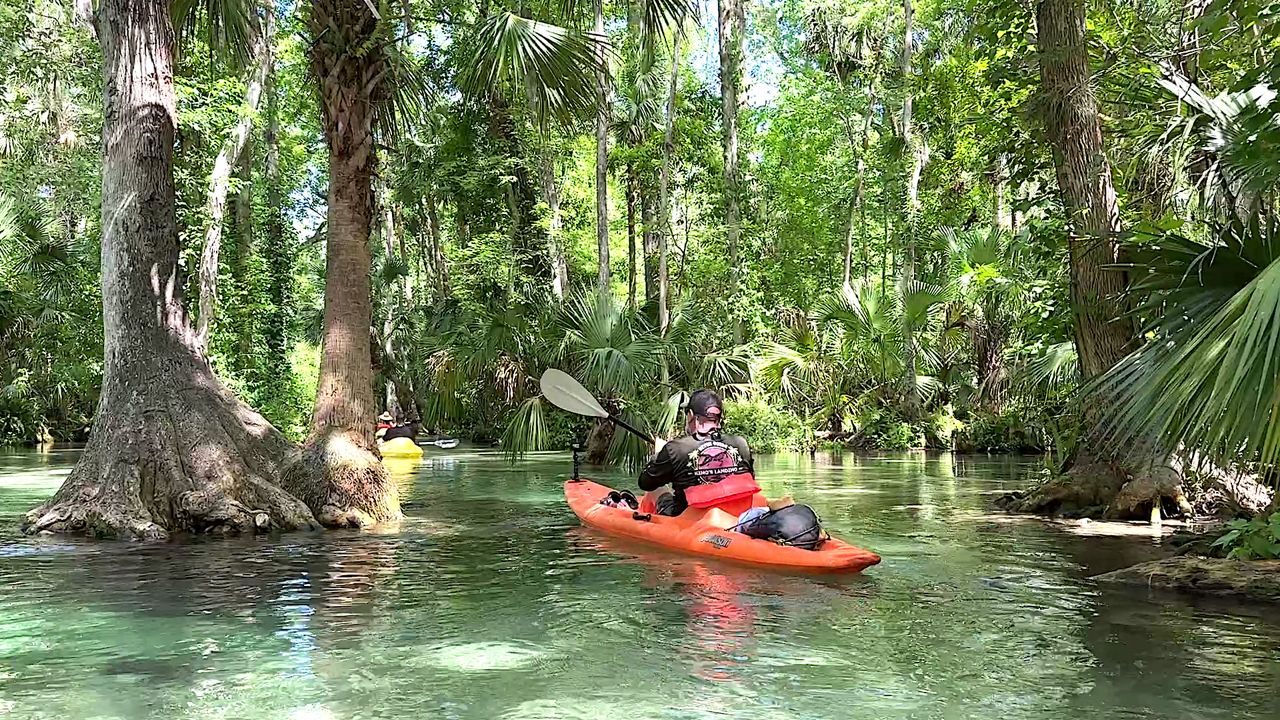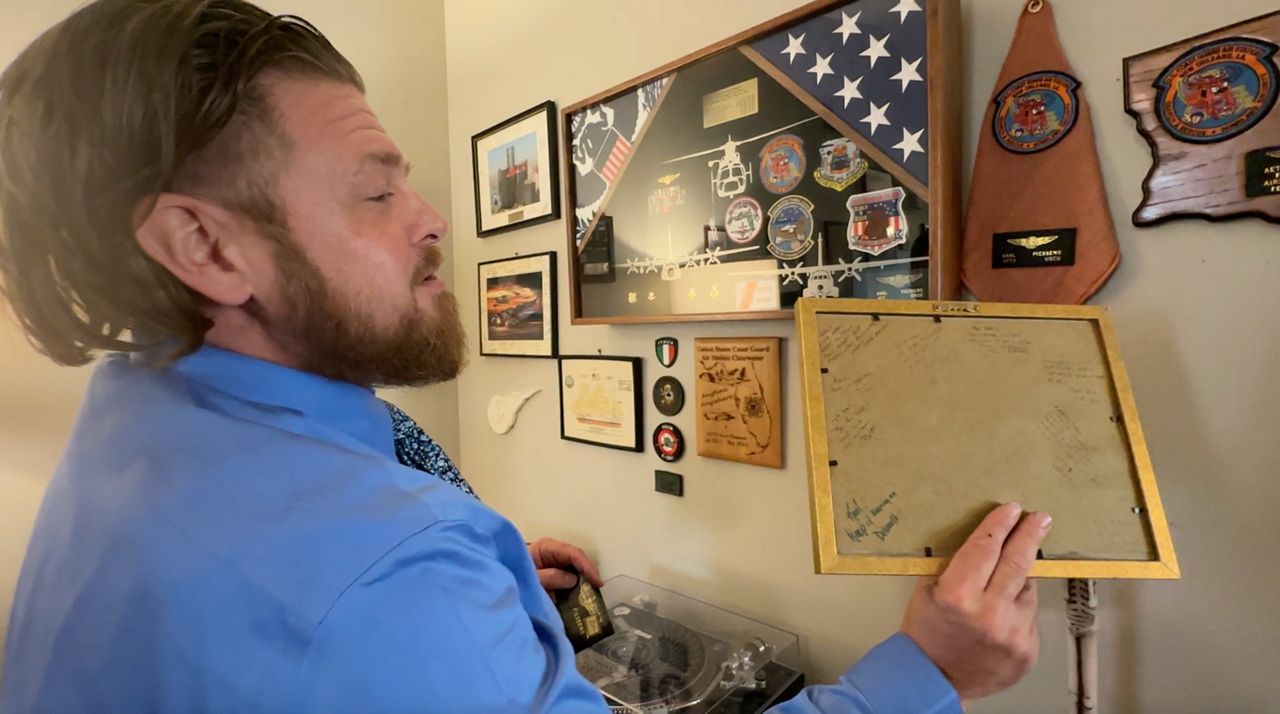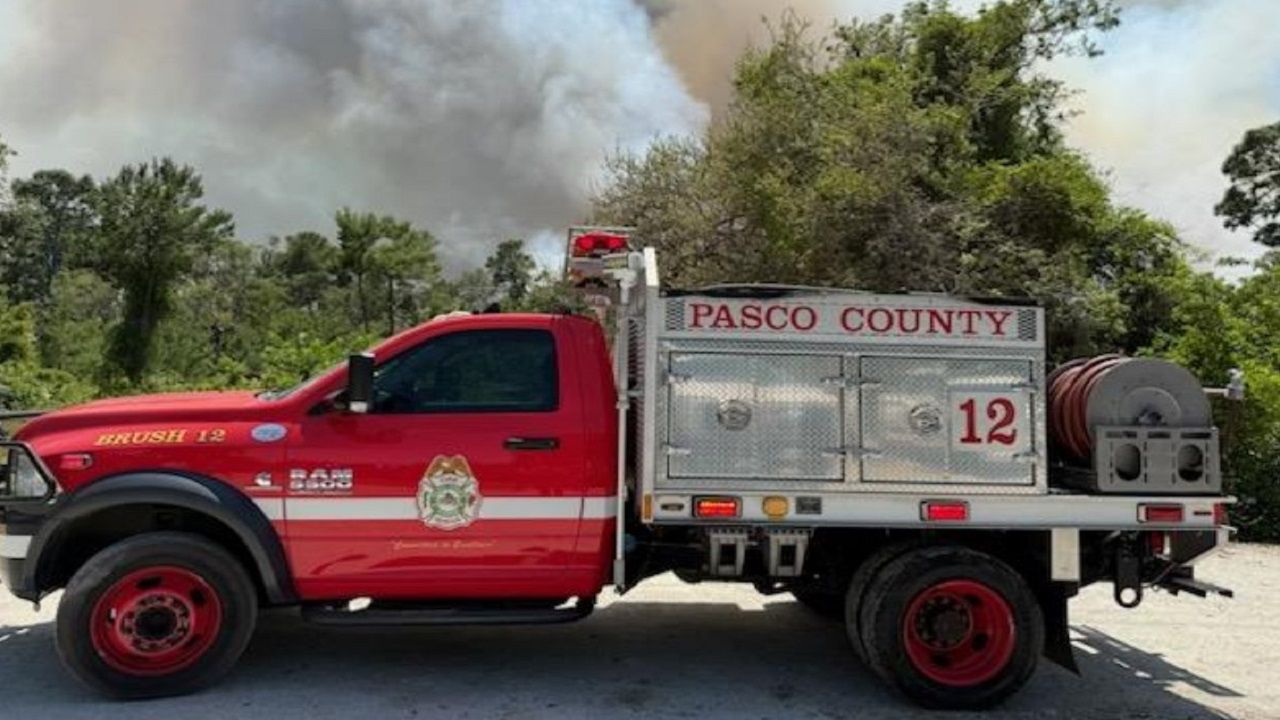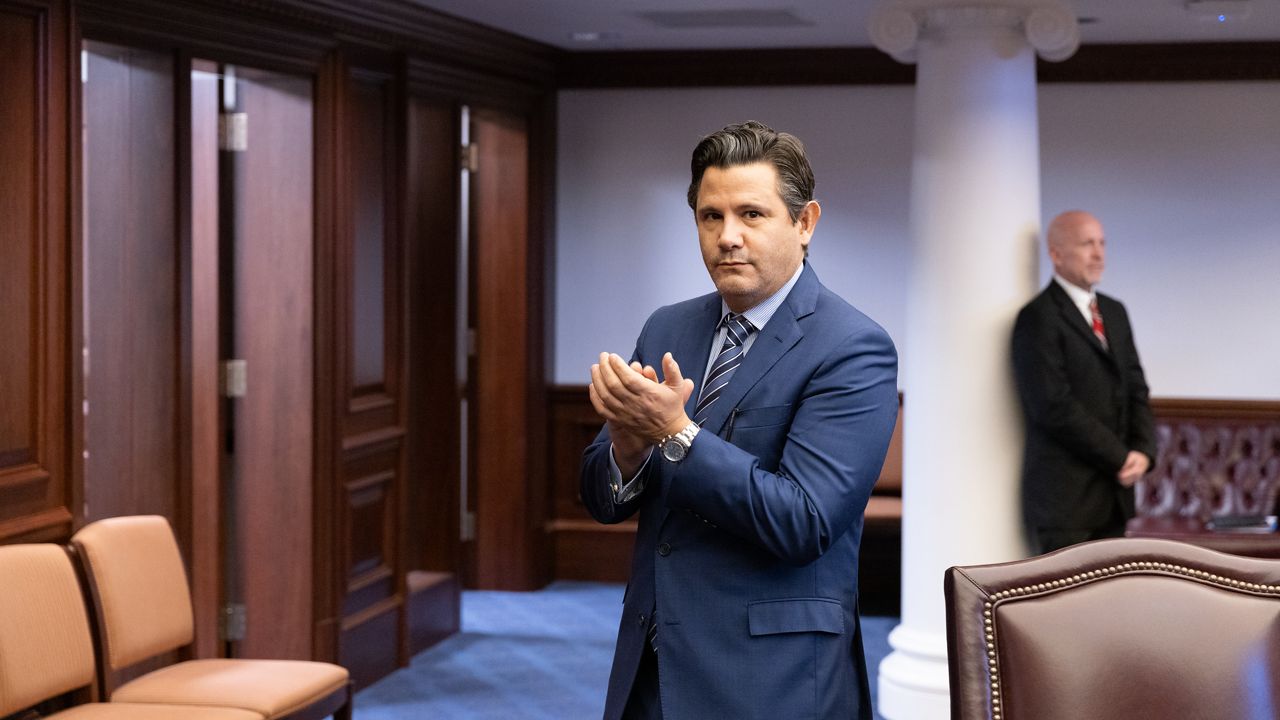ST. PETERSBURG, Fla. — Monday marked the first chance for Pinellas County residents to let leaders know how they want to see more than $800 million in federal hurricane recovery funds spent.
"I think businesses should be at the top of the list because there's so many businesses that are completely gone, people's life savings," said Pass-a-Grille resident Roger Kazanowski. "I was a small business man, and to see that happen to people is just horrendous."
"Certainly to help everyone get back into their homes and their businesses back operating," said Gulfport City council member Marlene Shaw.
Kazanowski and Shaw were among the more than 50 people who gathered at the Lealman Exchange for a public meeting on the funds — $813 million from the U.S. Dept. of Housing and Urban Development.
The money is meant to help people impacted by Hurricanes Idalia, Helene, and Milton, with 70% meant to help households and areas considered low-to-moderate income. Pinellas Board of County Commissioners Chair Brian Scott said the goal is to fulfill unmet needs.
"What happened six months ago with these back-to-back hurricanes never happened in Pinellas County. So, these listening sessions are really intended to explore what those needs are," Scott said.
A presentation given during the meeting showed that data pointed to housing being the biggest need by far, followed by the economy, infrastructure, and public services.
Draft proposals of programs that can be funded with the money include $500 million for home rehabilitation and reconstruction, as well as $57 million for rental rehab and reconstruction for local landlords and $32 million for disaster relief payments to cover reimbursements for expenses like rent and utilities.
Other programs would budget $32 million to help small businesses and nonprofits and $105 million for infrastructure mitigation projects. Scott said the first programs will likely roll out this fall, and he's asking for residents' patience.
"We're going to be at this for probably a number of years. If you think about even just the ARPA money we got, which was $189 million due to COVID a few years back, it took us years to work through those funds," he said.
The estimated budgets for the proposed programs could change based on input the county gets from the public.
Seventy percent of the funds are meant to help households and areas that are considered low-to-moderate income, and income requirements will likely be part of some of the programs. More details are expected to be included in a draft action plan the county expects to release in coming weeks.
Three more community meetings are planned. The next one is scheduled for Thursday, April 10, at Dunedin City Hall from 6 to 8 p.m. Residents can also fill out an online survey.












